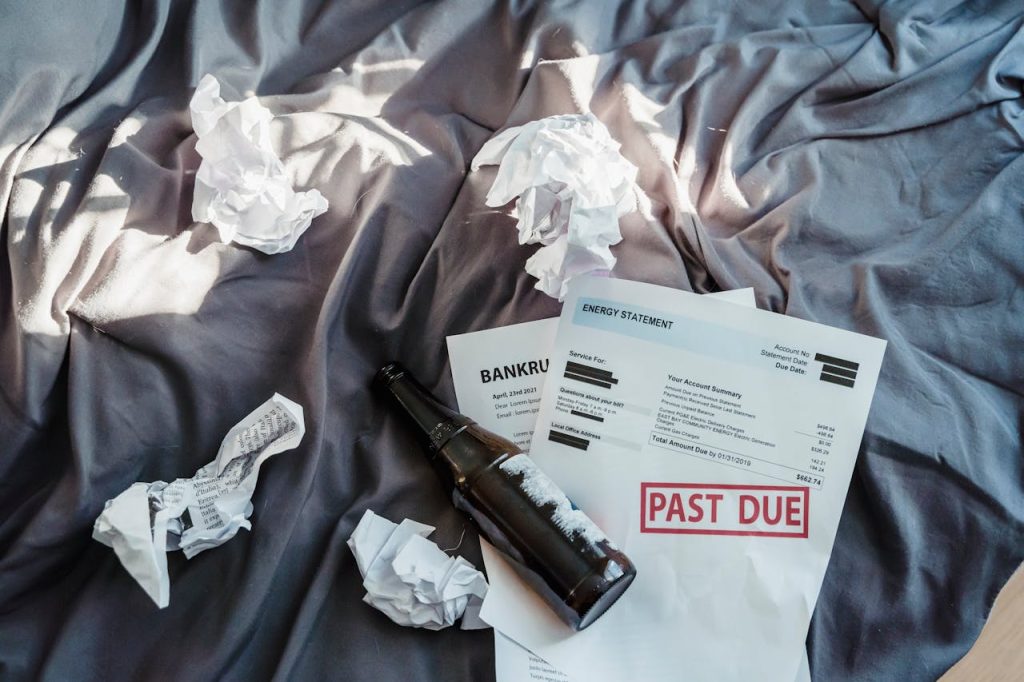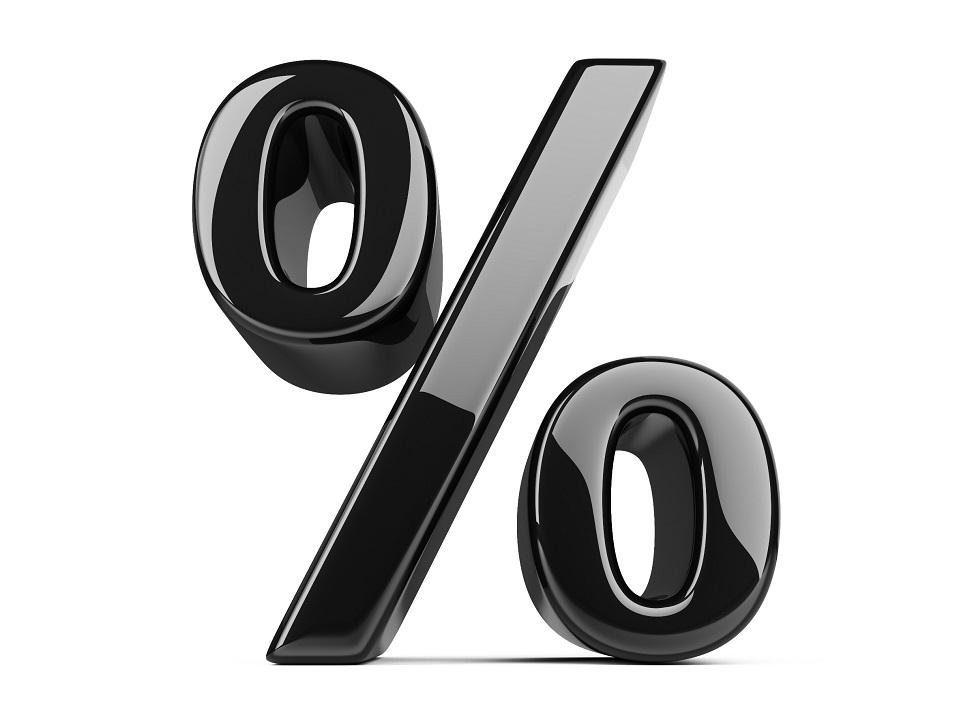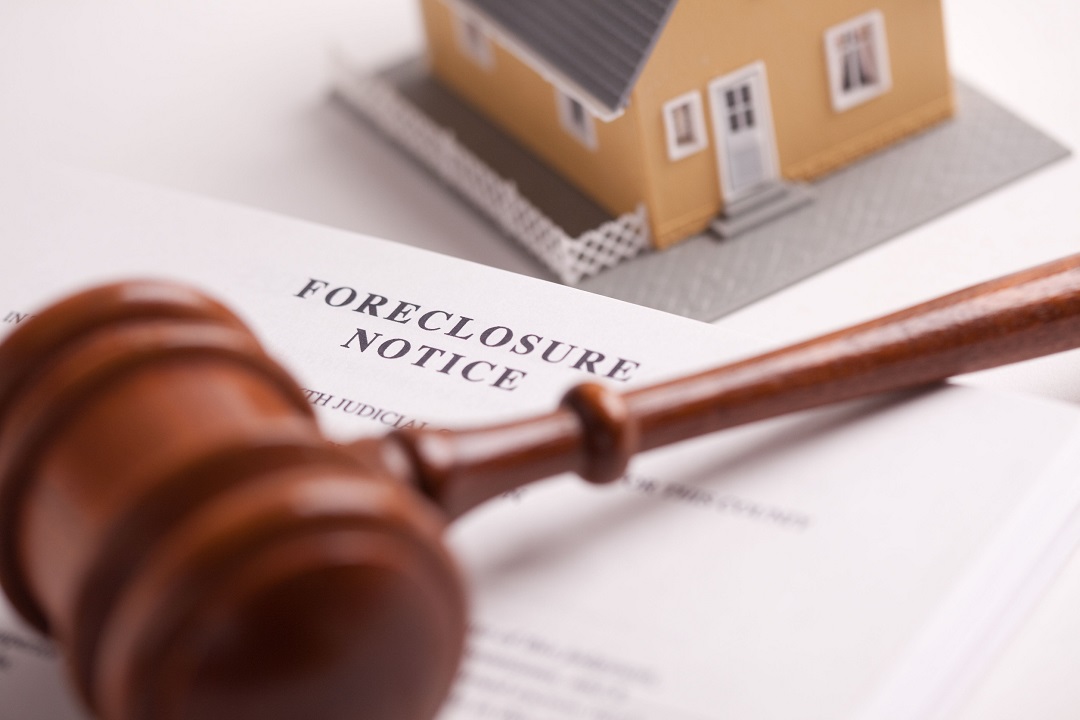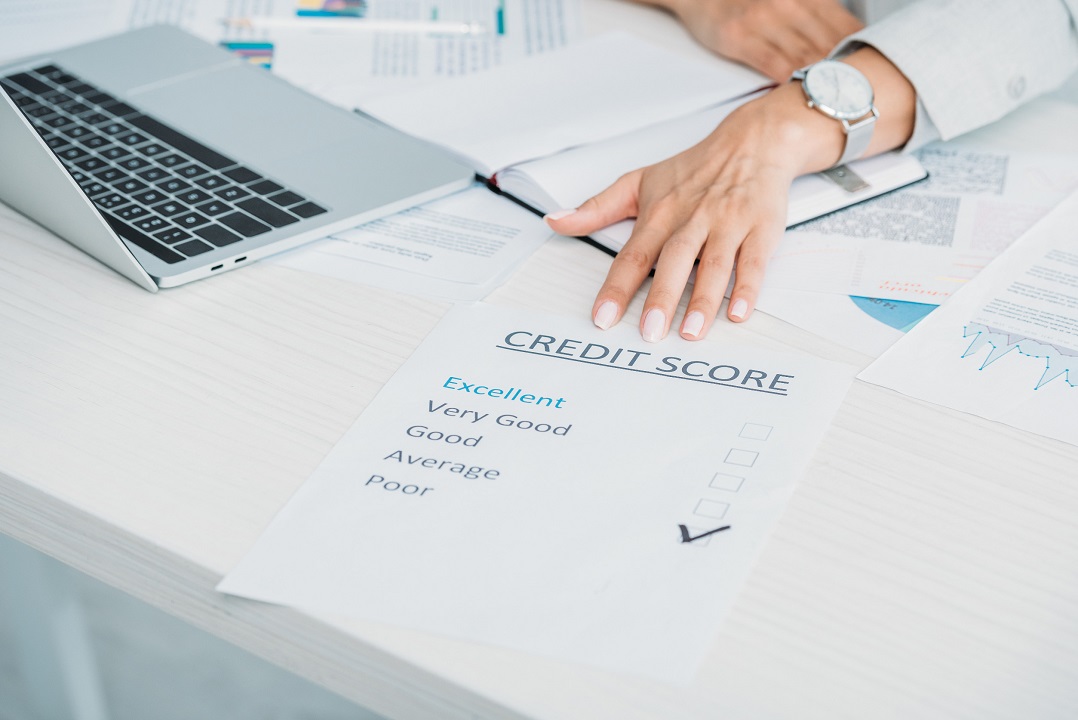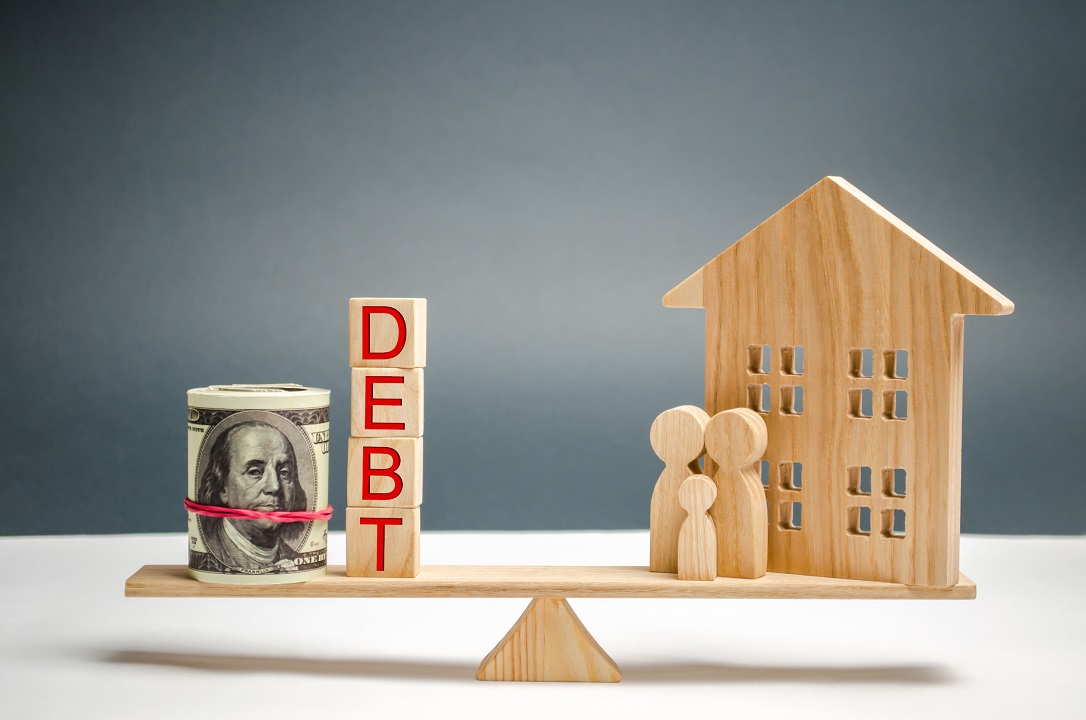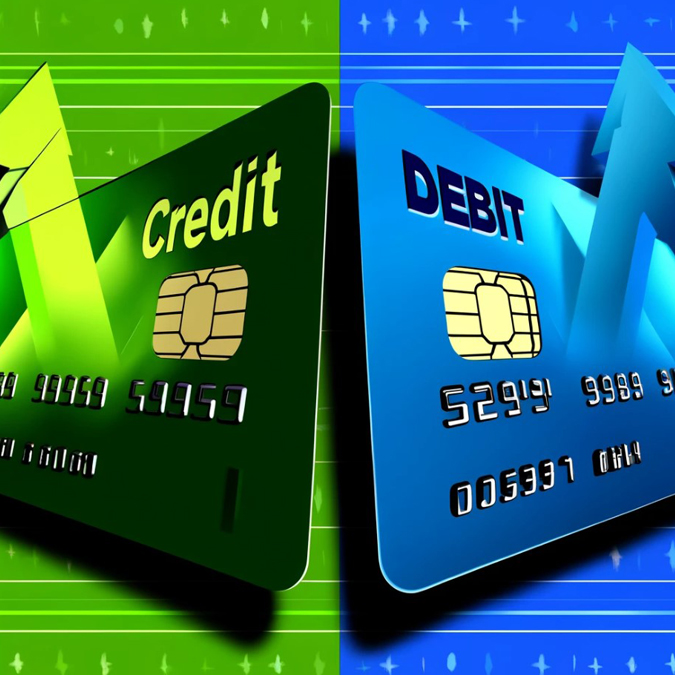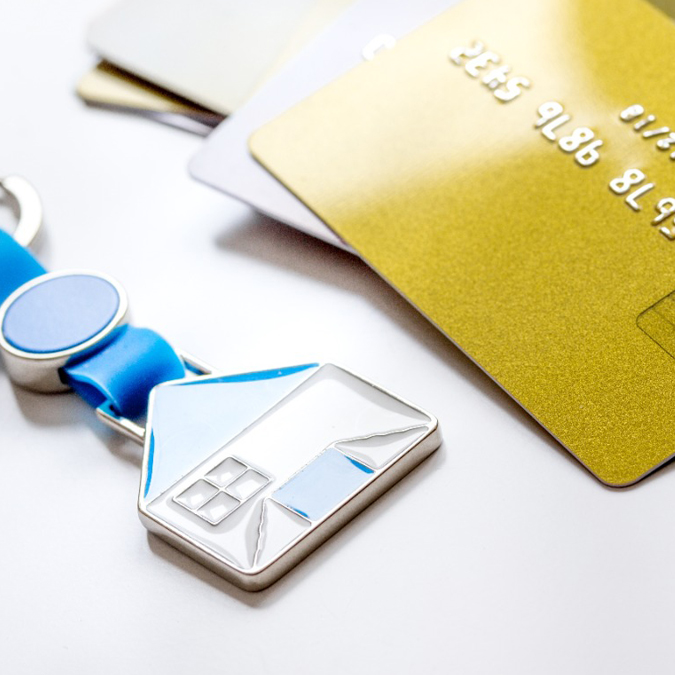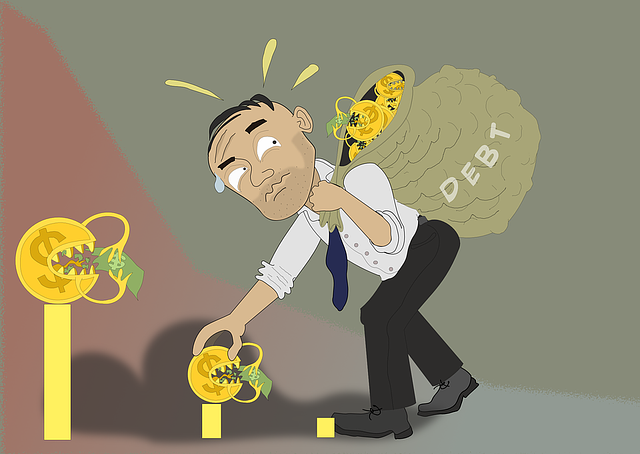
Image Source: pexels.com
Buy now, pay later (BNPL) options are everywhere. You see them at checkout on your favorite shopping sites. They promise you can get what you want now and pay for it later, often with “no interest” or “easy payments.” It sounds simple. But there’s a lot you don’t see. These offers can lead to real problems for your wallet and your peace of mind. If you’ve ever wondered if BNPL is too good to be true, you’re not alone. Here’s why you should think twice before clicking that button.
1. Buy Now Pay Later Makes It Easy to Overspend
BNPL options make it simple to buy things you can’t afford right now. You see a $200 pair of shoes, but the payment plan says “just $50 today.” That feels manageable. But it’s not just one purchase. It’s easy to stack up several BNPL plans at once. Before you know it, you’re juggling payments for clothes, electronics, and more. The small payments add up fast. You might not notice until your bank account is empty and you’re scrambling to cover all the bills. This is how BNPL can quietly push you into spending more than you planned.
2. The True Cost Isn’t Always Clear
BNPL companies advertise “no interest” or “zero fees.” But the fine print tells a different story. If you miss a payment, you could face late fees or even interest charges. Some plans charge as much as $8 for a single missed payment. Others might report your missed payments to credit bureaus, which can hurt your credit score. The terms are often buried in long, confusing agreements. You might not realize what you’re signing up for until it’s too late. Always read the details before you agree to a BNPL plan.
3. BNPL Can Damage Your Credit
Some BNPL providers don’t check your credit before approving you. That sounds good, but it can backfire. If you miss payments, some companies will report it to the credit bureaus. This can lower your credit score. A lower score makes it harder to get loans, credit cards, or even rent an apartment. And if you use BNPL too often, lenders might see you as a risky borrower. Even if you pay on time, having too many open BNPL accounts can look bad on your credit report. Protect your credit by using BNPL only when you’re sure you can pay on time.
4. Returns and Refunds Get Complicated
Returning something you bought with BNPL isn’t always simple. If you send an item back, you might still have to make payments while the return is processed. Sometimes, the refund takes weeks. In the meantime, you’re out both the money and the product. If the store and the BNPL company don’t communicate well, you could end up paying for something you no longer have. This can be stressful and confusing. Always check the return policy before using BNPL and keep records of your purchases and payments.
5. BNPL Can Lead to a Debt Spiral
BNPL feels like a way to avoid debt, but it can actually create more. If you miss payments, late fees pile up. If you use multiple BNPL services, it’s easy to lose track of what you owe. Some people end up using new BNPL plans to pay off old ones. This is a dangerous cycle. It’s not the same as using a credit card, where you can see your total balance in one place. With BNPL, your debts are spread out and harder to track. This can lead to a debt spiral that’s tough to escape.
6. Your Spending Data Is Being Tracked
When you use BNPL, you’re giving companies access to your shopping habits. They know what you buy, when you buy it, and how much you spend. This data is valuable. Companies use it to target you with more ads and offers. They want you to keep spending. Your privacy is at risk, and you might not even realize it. If you care about who has your data, think twice before using BNPL.
7. BNPL Isn’t Regulated Like Credit Cards
Credit cards have rules to protect you. BNPL doesn’t. If you have a problem with a BNPL purchase, you might not have the same rights as you do with a credit card. For example, you might not be able to dispute a charge or get your money back if something goes wrong. The rules are still catching up. Until then, you’re taking a risk every time you use BNPL.
8. It Can Hurt Your Budget and Savings Goals
BNPL makes it easy to ignore your budget. You might think, “It’s only $20 a month.” But those payments add up. If you’re not careful, you’ll have less money for bills, savings, or emergencies. BNPL can make it harder to reach your financial goals. It’s better to save up for what you want and pay in full. That way, you stay in control of your money.
Think Before You Click: Protect Your Wallet
BNPL options are tempting, but they come with real risks. They can lead to overspending, hidden fees, credit problems, and more. Before you use BNPL, ask yourself if you really need the item. Can you afford to pay it off on time? Is it worth the risk to your budget and credit? Sometimes, waiting and saving is the smarter move. Your future self will thank you.
Have you used buy now pay later? Did it help or hurt your finances? Share your story in the comments.
Read More
How The New Affirm Policy Change May Affect Your Credit
Why Your “Buy Now Pay Later” Purchases Could Tank Your Credit for Years

Travis Campbell is a digital marketer/developer with over 10 years of experience and a writer for over 6 years. He holds a degree in E-commerce and likes to share life advice he’s learned over the years. Travis loves spending time on the golf course or at the gym when he’s not working.


